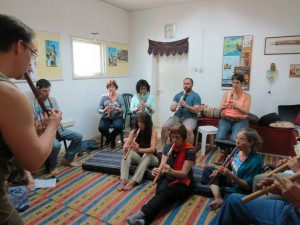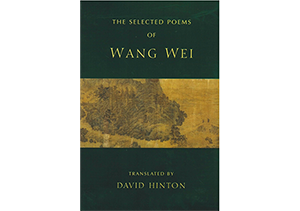
by Jack Ramey | Nov 15, 2016 | Jack Ramey, Reviews
Richard Riviere at a workshop in Israel. This month is Native American Heritage Month, but unfortunately, the study of Native American history is neglected in most schools. Our students are given a day off to celebrate Columbus, who never stepped foot in North America...

by Nancy Rodgers | Mar 3, 2016 | Reviews
The Untold Story of the Kent State Massacre Screened at the KIVA, Kent State University, Sunday, May 3, 2015 This documentary features an interview with Nancy Rodgers about her experiences at Kent State where she was a math professor from 1968-78. Rodgers had...

by Jack Ramey | Apr 26, 2015 | Reviews
I was first introduced to the poems of Wang Wei by my friend and fellow poet, George Kalamaras, when he mentioned that Wang Wei was his favorite Chinese poet in a poetry reading at the Village Lights Bookstore. George, who is the Poet Laureate of Indiana, also...




